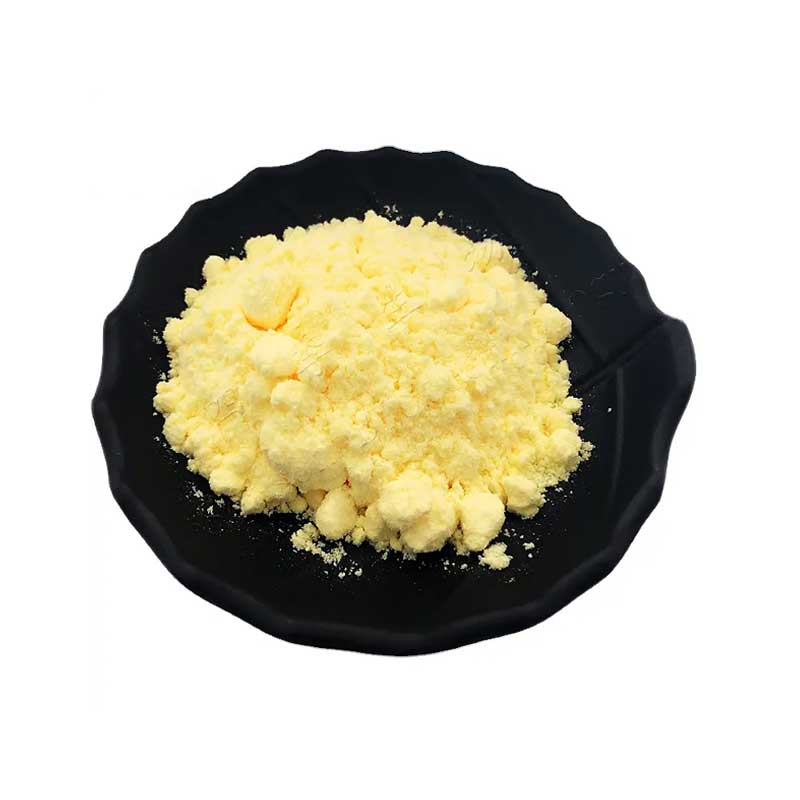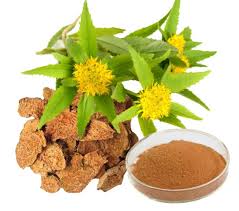Description
Alpha-lipoic acid (ALA) is a naturally-occurring fatty acid made by your body. Its primary role is to convert blood sugar (glucose) into energy using oxygen, a process referred to as aerobic metabolism. ALA is also an antioxidant, meaning it neutralizes harmful compounds called free radicals that damage cells at the genetic level. Your body makes its own ALA, but it is also available from certain foods and as a supplement.
ALA’s most valuable role in the body is fighting the effects of free radicals, which are dangerous, chemical-reaction byproducts that form during the process of oxidation. Within our cells, ALA is converted into dihydrolipoic acid, which has protective effects over normal cellular reactions, such as those involved in metabolic functions and neuron signaling. Like other antioxidants, alpha lipoic acid can help slow down cellular damage that is one of the root causes of diseases. It also works in the body to restore essential vitamin levels, such as vitamin E and vitamin C, and acts as a cofactor for several important mitochondrial enzymes. Additionally, it helps the body digest and utilize carbohydrate molecules.
Something that makes ALA unique is that it’s both water-soluble and fat-soluble, unlike other nutrients (like B vitamins or vitamin A, C, D or E). This means it can be properly absorbed despite what types of foods you’re eating, and it can be used in almost all parts of the body. Note: Alpha lipoic acid is not the same thing as alpha linolenic acid, a type of omega-3 fatty acid. Both are sometimes referred to as ALA, which can be confusing, but they’re two different nutrients with different roles in the body.















Reviews
There are no reviews yet.